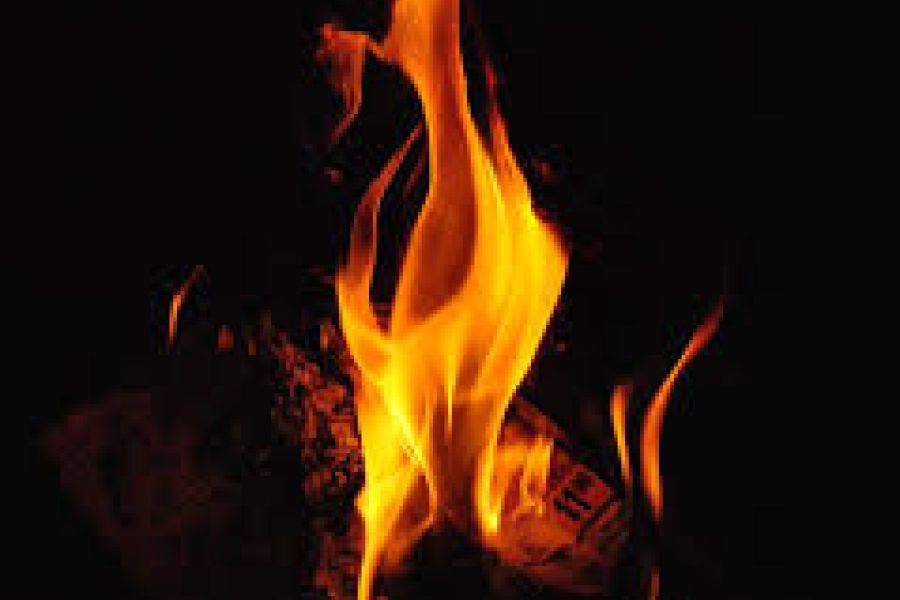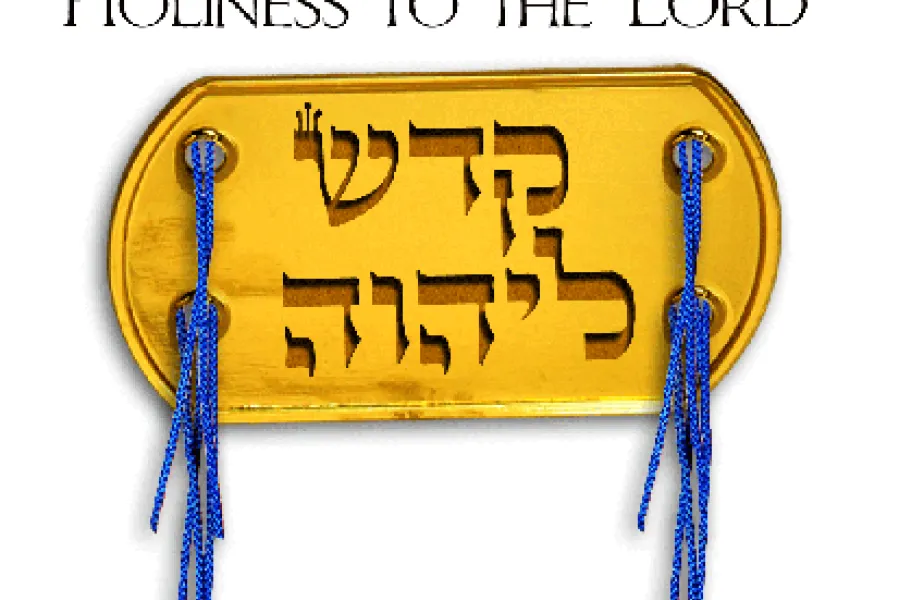Explore More
Torah Portions

Inheritance
Bamidbar is the name of the first Torah Portion in Numbers, meaning “In the Wilderness.” This book of the Torah describes the Israelites’ journey from the mountain to the Promised Land of Canaan, marked by tension, failure, forgiveness, provision, struggle, pride, envy, deceit, doubt, hope, and a multitude of other emotions. In the wilderness, God […]

Disobedience
The final Torah Portion in Leviticus is Bechukotai, meaning “In My Laws,” which we read in Leviticus 26:3-27:34. These chapters of the Torah describe the enemy of disobedience. Obedience and disobedience are not about control. Instead, giving good instructions is an attribute of love. Christian churches are constantly reminding their members that we are “saved […]

Fruit for Food
‘Speak’ or Emor in Hebrew is the title of the next Torah Portion in review. Leviticus 21:1-24:23 explores the Appointed Times and much more. I have been learning gobs and gobs from the Chabad in-depth commentary, which includes profound insights from revered Jewish scholars known for their deep understanding of Torah teachings and their ability […]

Holy/Common
Kedoshim is the next portion in Leviticus 19:1-20:27 and means “holy ones.” It starts with a tall order of “You shall be holy as I the LORD your God am holy” and ends with the same as if the portion is between two holy callings book ends. So, what exactly is holiness? It could mean […]

An Infected One
A few portions ago, I posed a rhetorical question about whether there was an enemy as detrimental as idolatry. The answer is yes, and we will learn about that enemy in the next Torah Portion in review. Leviticus 12:1-15:33 explores the concept of uncleanliness in the portion labeled Tazria-Metzora, or “Bearing a Seed-Leper.” My Jewish […]

Unsanctified
Leviticus 9:1: It came to pass on the eighth day that Moses called Aaron and his sons and the elders of Israel. The Torah Portion labeled Shemini is described in Leviticus 9:1-11:47 and means “Eight.” Shemini, or the eighth day, is not just a day in the calendar but a day of eternity, the day after […]

A Continual Fire
So, we have dipped our toes into Leviticus, a pretty intense Torah book describing the Tabernacle’s sacrificial worship system. The next Torah Portion in review is Tsav, including chapters 6:1-8:36, and means “command”. I started Leviticus with the altar, and today, we will focus on a fire that God commanded to be continually burning. A […]

A Defiled Altar
The altar, a profound symbol of the human heart, serves as a conduit for offerings and sacrifices. Since the destruction of the Temple, Judaism has sought to understand the symbolic significance of the sacrificial system and the Temple. The sages describe the altar as a family table, a place of reconciliation within relationships, compassion, hospitality, […]

Brazen Forehead
Exodus 39:30: Then they made the plate of the holy crown of pure gold and wrote on it an inscription like the engraving of a signet: […]

Unrest
Vayak’hel, meaning “And he gathered,” can be explored in Exodus 35:1-38:20. This Torah Portion starts by giving instructions for the Shabbat. The Shabbat is one of the most essential appointed times we could understand. More than just a day of physical rest, the Shabbat is a time of spiritual rest, when we can enter a […]